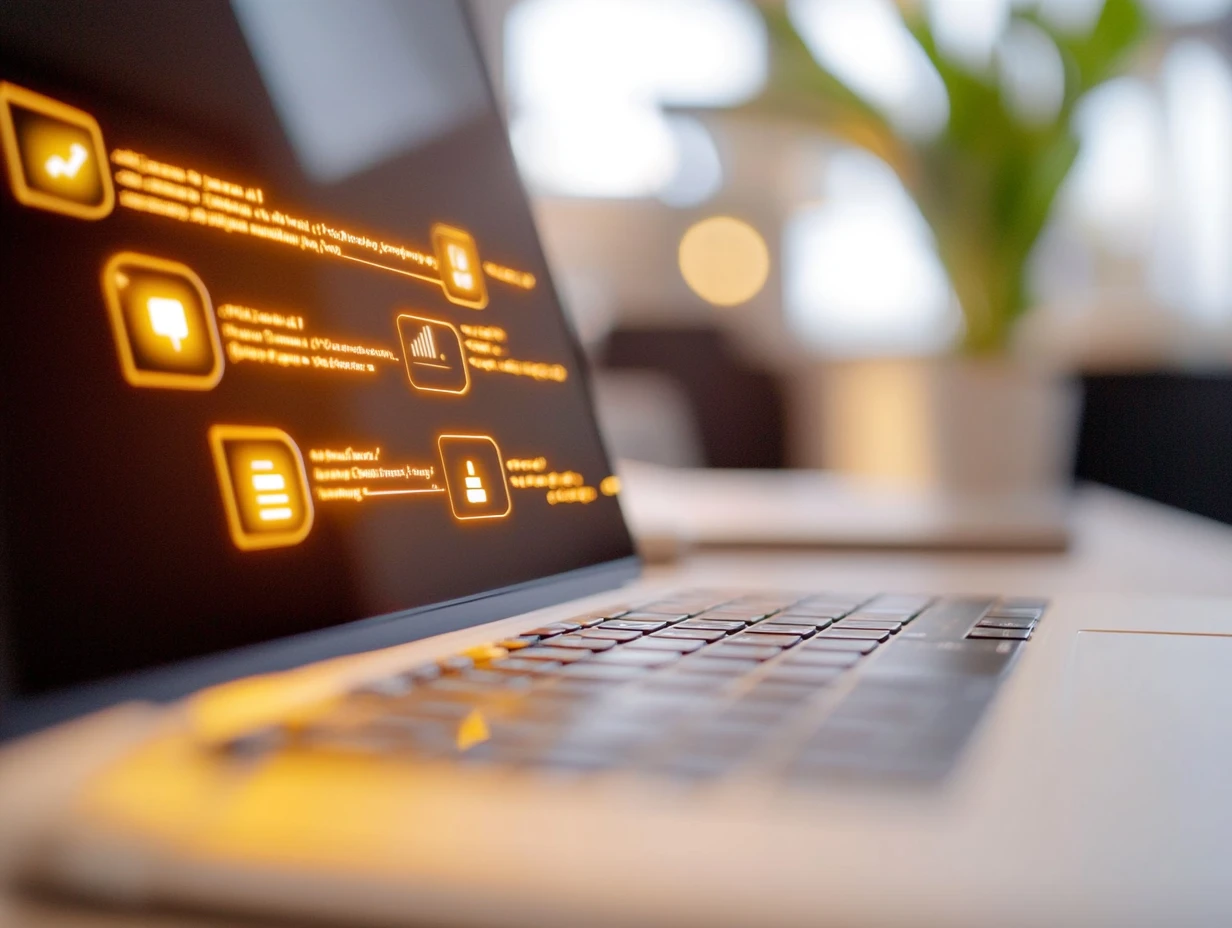Why industry-specific translation matters more than ever
Not all translations are created equal—especially when it comes to highly regulated or technical industries. Whether it's a product manual, legal contract, or healthcare label, specialised translation ensures your content is accurate, compliant, and resonates with your audience.
Getting it wrong? That could mean anything from confused customers to serious compliance risks.
In this article, we’ll explore 10 industries where expert localisation and subject matter knowledge make all the difference—and how the right language partner can help.
What Is Specialised Translation?
Specialised translation is more than converting text word-for-word. It’s about precision, industry expertise, and cultural sensitivity. From automotive schematics to pharmaceutical inserts, content must meet strict standards—and often legal requirements.
Here’s how different sectors benefit from high-quality, industry-specific translation services:
1. Automotive: Driving Clarity with Technical Precision
The average vehicle contains over 30,000 components—each with a name, function, and translation requirement. That’s why the automotive industry demands pinpoint accuracy in:
Technical drawings and schematics
Owner manuals and safety guides
Parts catalogues
A reliable translation partner will combine human expertise with a terminology database to avoid costly errors and delays.
View our Nissan case2. Banking & Finance: Translating with Trust and Transparency
In a sector that sees over a billion card transactions a day, speed and accuracy are non-negotiable. Translation must preserve:
Legal terminology in contracts
Product descriptions
Annual and financial reports
Finance professionals benefit from workflows that cut approval times—centralised language management platforms are key here.
Explore our finance solutions3. Energy: Powering Communication Across Borders
With global expansion, energy providers face a growing need to localise:
Environmental assessments and audits
Technical documentation
Customer-facing digital platforms
The energy industry requires translations that are not only fast and reliable but also easily maintainable across multiple regions and languages.
See our energy solutions4. Legal: No Margin for Misinterpretation
Legal translation must be precise, certified, and often delivered by sworn experts. Common needs include:
Contracts and court documents
Transcripts and depositions
Official documentation (e.g., birth certificates)
Because legal texts have direct consequences, only trusted language professionals with industry credentials should handle them.
Need certified legal translations? LanguageWire provides end-to-end compliance.
5. Life Sciences & Healthcare: Supporting Lives Through Language
The COVID-19 pandemic accelerated global collaboration in medicine—and highlighted the need for clear, accessible health communication.
From drug packaging to patient instructions, every word matters. Key deliverables include:
Clinical trial documentation
Safety reports and labelling
Medical device manuals
Medical translation requires subject matter experts who understand terminology, privacy regulations, and cultural nuances.
Discover how Getinge localised content in 33 languages.6. Manufacturing: Scaling Global Communication
Manufacturers depend on accurate translation to manage complex supply chains and reach international buyers.
Essential content includes:
Product descriptions
Installation manuals
Marketing brochures
With inflation and logistics costs rising, automation in translation can save time and budget—without sacrificing quality.
Learn how SSAB improved the digital customer experience7. Marketing & Advertising: Speaking the Customer’s Language
Marketing fails without localisation. One mistranslation can derail an entire campaign. That’s why global marketers localise:
Digital and print campaigns
Social media and video scripts
Taglines and slogans
The right tools allow content creators and translators to work simultaneously cutting launch timelines and preserving brand voice.
See how we support Marketing Operations8. Retail & eCommerce: Converting Customers Across Cultures
In retail, poor localisation can mean lost sales. Product descriptions, packaging, and labels must be visually and linguistically perfect—regardless of language expansion.
Retailers need:
Multilingual product catalogues
Packaging and in-store signage
Promotional materials
Designers and translators must collaborate closely to maintain layout consistency across languages.
View our retail solutions9. Technology: Building Products That Cross Borders
Translation is embedded in tech—whether you’re building an app, platform, or AI tool. Poor localisation means confused users and lost revenue.
Technology companies need support for:
User interface (UI) localisation
App and software documentation
Multilingual chatbot content
Specialised translators ensure your product is intuitive and functional in every market.
10. Travel & Tourism: Creating Experiences Through Language
For the travel industry, clear communication isn’t just helpful—it’s essential to customer satisfaction.
Common localisation needs include:
Website content and booking engines
AI chatbots and digital guides
Customer service communications
The right translation partner helps brands connect with global travellers through fast, culturally nuanced content.
The Takeaway: Specialised Translation Delivers Results
As global markets evolve, so do translation needs. Whether you're operating in life sciences, automotive, or retail—accurate, industry-specific translation protects your brand, improves customer experience, and supports international growth. Ready to take your global content to the next level?
Get in touch


